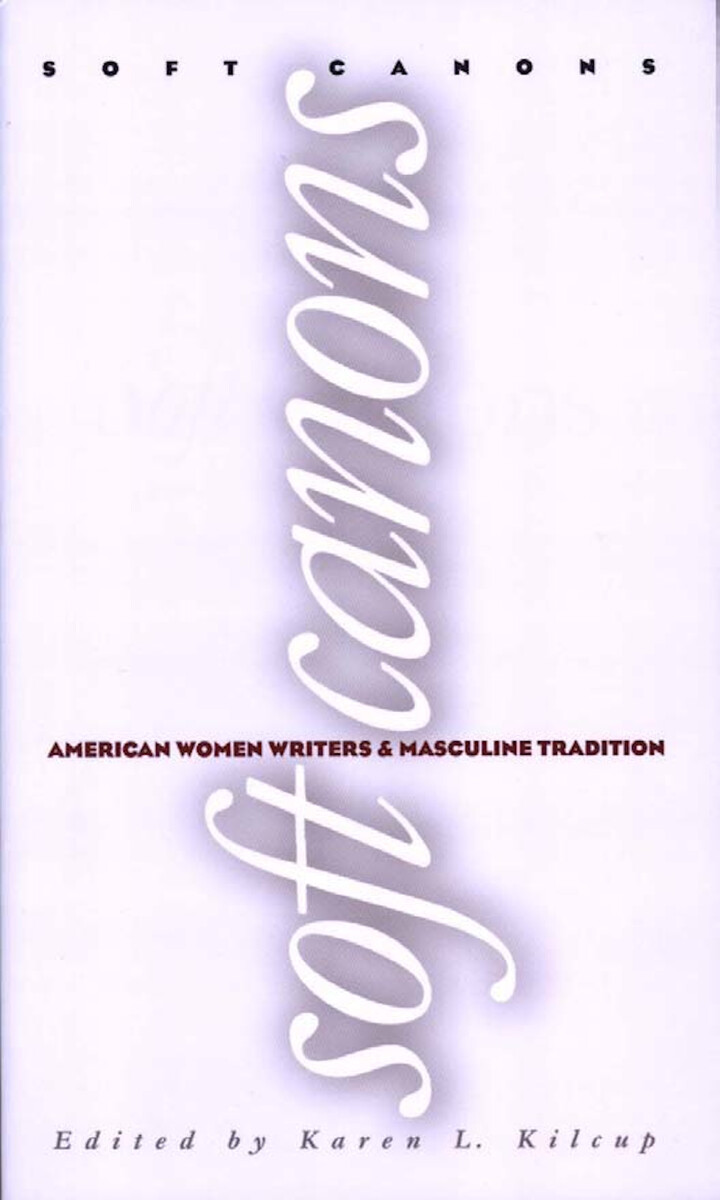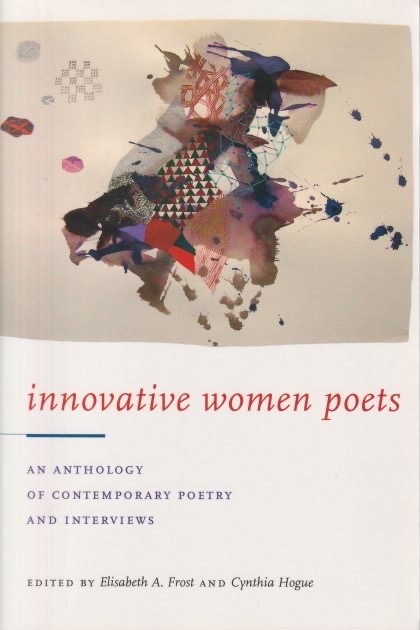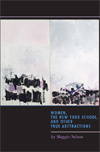“[T]he essays in the collection offer thoughtful commentary on gender, race, aesthetics, and economics …Students and scholars of nineteenth-century American literature should find the volume a valuable resource—and a pleasure to read,”—Resources for American Literary Study
“Soft Canons presents a fascinating argument that has broad ramifications for any literary scholar. The collection addresses issues that are bound to reshape how literary critics think of the interplay between male and female authors.”—Sherrie A. Inness
“Carefully edited, 'plotting' our reexamination of the works and authors that the essayists examine, this lively collection establishes the centrality of nineteenth-century literature for scholars of the twenty-first century.”—Susan K. Harris
“Soft Canons incorporates the rich, diverse female literary tradition Kilcup has done so much to recover into a truly integrated critical practice. This wide-ranging collection not only breaks down multiple separate spheres—'feminine' and 'masculine,' black and white, straight and gay, 'aesthetic' and 'political,' American and European—but demonstrates the benefits of comparative study.”—Carolyn L. Karcher
“…a superb comparative study of U.S. women's writings and the 'masculine tradition' within and against which they shaped their literary productions. The collection is notable for its attention to race and gender issues from new and provocative perspectives. Kilcup has brought together a rich array of international scholars whose contributions necessitate nothing less than a rethinking of nineteenth-century American literature as a whole.”—Sharon M. Harris
“ In their innovative treatments of seemingly incomparable works, these critics promote dialogue not only about the texts under consideration but also about the very nature of how we read across lines of gender, race, class, and history. Individually, the essays are insightful and strong; collectively, they highlight the vibrancy of current research on nineteenth -century American women writers in particular and nineteenth-century American literature in general … an ideal critical companion for upper-level undergraduate or graduate courses.”—Annie Merrill Ingram, Symploke
The Conversation of “The Whole Family”: Gender, Politics, and Aesthetics in Literary Tradition - Karen L. Kilcup
Gendered Genealogies
Lydia Maria Child, James Fenimore Cooper, and Catharine Maria Sedgwick: A Dialogue on Race, Culture, and Gender - Susanne Opfermann
Reconstructing Literary Genealogies: Frances E. W. Harper's and William Dean Howells's Race Novels - M. Giulia Fabi
Was Tom White? Stowe's Dred and Twain's Pudd'nhead Wilson - Julie Newman
Shaped by Readers: The Slave Narratives of Frederick Douglass and Harriet Jacobs - Stephen Matterson
Genre Matters
Body Politics and the Body Politic in William Wells Brown's Clotel and Harriet Wilson's Our Nig - R.J. Ellis
Wild Semantics: Charlotte Perkins Gilman's Feminization of Edgar Allan Poe's Arabesque Aesthetics - Gabriele Rippl
Deepening Hues to Local Color: George Washington Cable and Sarah Barnwell Elliott - Aranzazu Usandizaga
Developing Dialogues
Sister Carrie and The Awakening: The Clothed, the Unclothed, and the Woman Undone - Janet Beer
Ladies Prefer Bonds: Edith Wharton, Theodore Dreiser, and the Money Novel - Claire Preston
Mining the West: Bret Harte and Mary Hallock Foote - Janet Floyd
My Banker and I Can Afford to Laugh! Class and Gender in Fanny Fern and Nathaniel Hawthorne - Alison M. Easton
Transforming Traditions
Body/Rituals: The (Homo)Erotics of Death in Elizabeth Stuart Phelps, Rose Terry Cooke, and Edgar Allan Poe - Ralph J. Poole
The Five Million Women of My Race: Negotiations of Gender in W. E. B. Du Bois and Anna Julia Cooper - Hanna Wallinger
Woman Thinking: Margaret Fuller, Ralph Waldo Emerson, and the American Scholar - Lindsey Traub
How Conscious Could Consciousness Grow? Emily Dickinson and William James - Susan Manning


